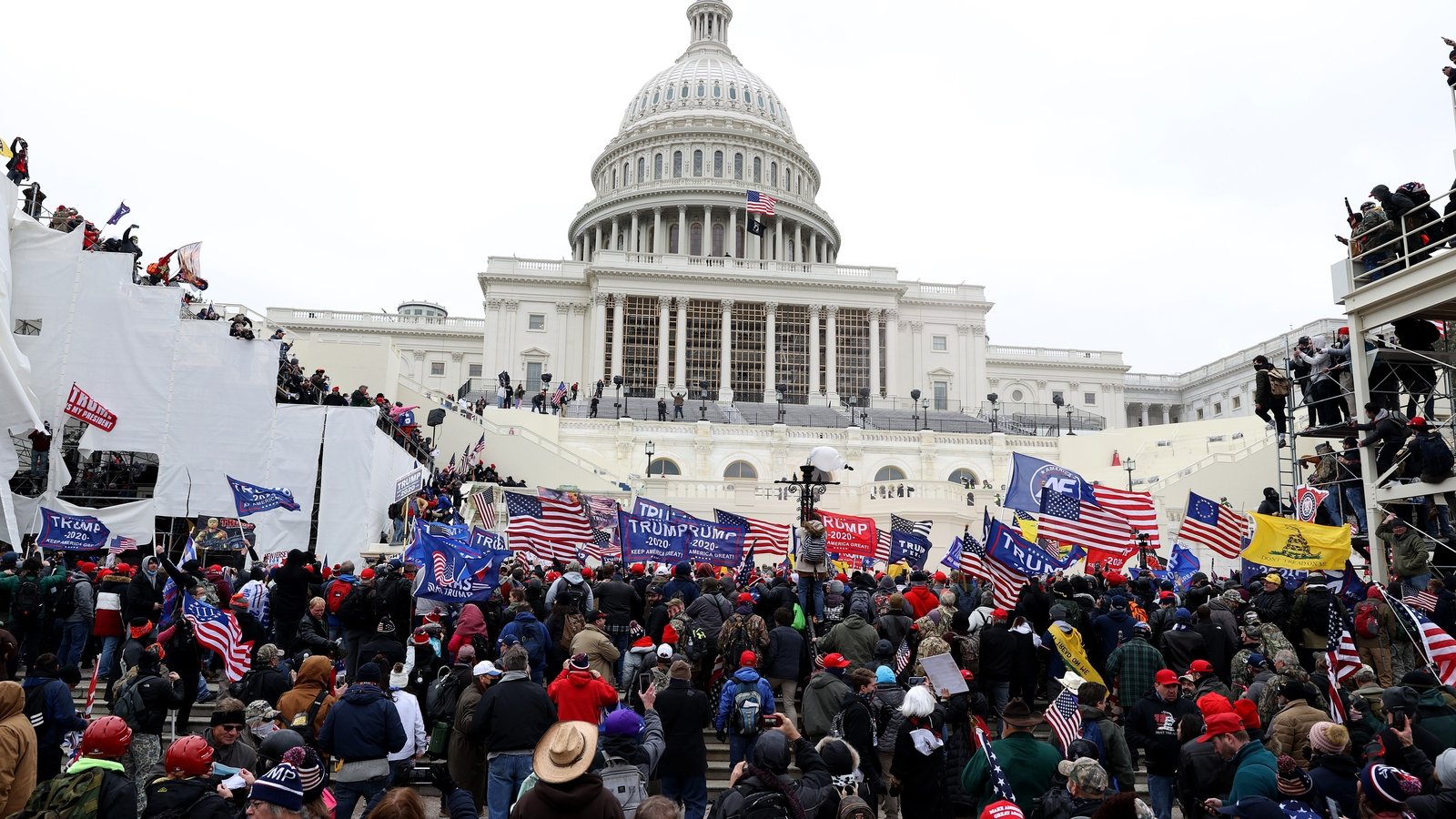
In January 2021, marking the start of a new year for American politics, President Trump’s supporters stormed the United States Capitol building while elected representatives were confirming the victory of President-elect Joe Biden. These supporters – encouraged by Trump at his rally that same day – vandalised and looted the Capitol building during their occupation, with five deaths resulting from the riots. Biden went on to describe these riots as the “darkest day” in U.S. history, with the actions taken having a detrimental effect on the image of democracy in the nation.
Two days later, Twitter announced they would be banning President Trump from their platform due to tweets made on the 8th of January violating their Glorification of Violence Policy when read in the “context of broader events in the country”. Twitter also cited the mobilizing power of the President’s tweets as reasoning for the ban. Other companies followed suit with, at current, Facebook and Instagram, Youtube, Snapchat, Reddit, Twitch all banning Trump from their platforms. Additionally, the right-wing ‘free speech’ app Parler – which Trump also used – has been de-platformed by Apple, Google, and Amazon.
These developments highlight the divisive issue of the right to free speech versus the right of individuals not to experience discrimination or hatred against their identity. Trump is not the first controversial figure to have their account banned from social media platforms. In June 2020, Katie Hopkins was also banned from Twitter due to a violation of their “hateful conduct” policy. The difference with Trump is – at the time of the ban – he was a currently serving United States President, making him arguably one of the most important political figures across the globe.
Twitter’s movement against Trump began with the flagging of some of his content as “potentially misleading” and directing users towards certified forms of information. This was especially prevalent in Trump’s tweets concerning the outcome of the U.S election. Considering that under 30% of adults in the U.K and the U.S trust the media this progression has been a positive act on the part of Twitter.
However, German Chancellor, Angela Merkel, criticised the total ban on President Trump as a “problematic” breach of the “fundamental right to free speech”. In the modern political sphere, social media is vital for reaching the general population and this is echoed in the accounts which are used by members of parliamentary and governmental bodies from across the world to spread their message concerning current affairs.
At current, 3.6 billion people use at least one form of social media, and this is projected to reach 4.41 billion by 2025 – the year after the next U.S. Presidential election. It is evident that social media platforms are intertwined within daily existence and arguably are vital to an individual’s understanding of current affairs. In 2019, Ofcom found that in the UK 49% of adults received their news from social media platforms – and while this did decline during 2020 it is clear that social media plays a significant role in people’s understanding of the world. This means that the removal of world leaders from these platforms by unaccountable companies is unacceptable.
Bruno Le Maire, the French finance minister, similarly stated that “Digital regulation should not be done by the digital oligarchy itself … regulation of the digital arena is a matter for the sovereign people, governments, and the judiciary.” A system of governmental regulation would ideally prevent individuals holding public office from being de-platformed alongside regular citizens, due to their key role within society.
Individuals deserve protection from hateful and discriminatory content, but equally the de-platforming of elected politicians is a subversion of democratic principles. While they hold public office, social media companies should not hold the power to remove politicians from their platforms. Instead, as suggested by Le Maire, these issues should be dealt with via the systems of governance in place within nation-states.
Freedom of speech is difficult to weigh against an individual’s right to lack of discrimination and harmful content when in the context of those who hold public office. While elections cannot be seen as a referendum upon a politician’s right to use social media, they do indicate who the electorate wishes to have a platform within their society. When social media plays such a vital role in daily life the removal of politicians without due democratic process it undermines the representation the people have voted for.
Over the past four years, President Trump has used his platform to express abhorrent views and encourage violence. Despite this, the ban on his presence on social media presents how these companies have become too independent of the democratic process. In the future, the actions of politicians and the holders of public office on social media should be judged by representatives or the court systems. Doing so preserves the democratic process and prevents social media companies from holding unparalleled power over the platform of key political figures.



Average Rating